The Walker Research Group
Infectious Disease and The Malate Dehydrogenase (MDH) CURES Community
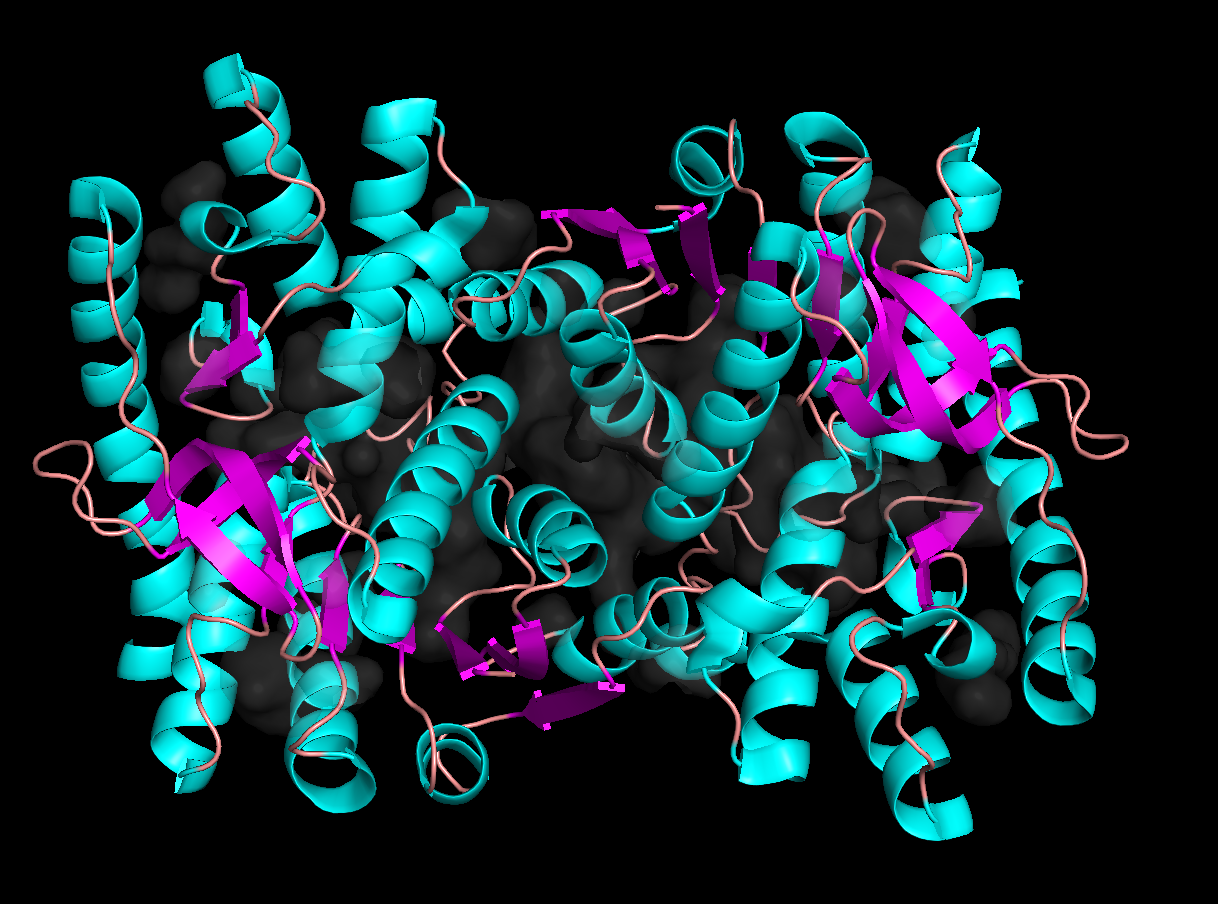
Naegleria Fowleri and Brain Eating Amoeba (Coming Soon...)
Found in warm, fresh still water bodies of water, Naegleria fowleri is an amoeba that can cause severe central nervous system infections. People infected with this amoeba typically develop a fatal brain infection known as primary amoebic meningoencephalitis (PAM). The discovery of effective drug treatments is critically inportant due to the high mortality rate and the limited treatment options available.
Development of Imaging Agents (PET)
Dr. Walker continues to develop novel cyclic PET imaging agents. With a background in biology, Dr. Walker seeks inspiration from biological systems, to designs simple NS analogues that are based in part on the active site and coordination sphere of metalloproteins such as blue copper proteins (BCP) for application towards medicinal chemistry, biomedical imaging and molecular sensors. The 14-membered macrocycles with alternating 2,3,2,3 are considered ideal systems for the incorporation of copper and other 3d metal ions. Our group specializes in the synthesis and modification of the trans N2S2 but has recently expanded to include the cis propylene and ethylene.
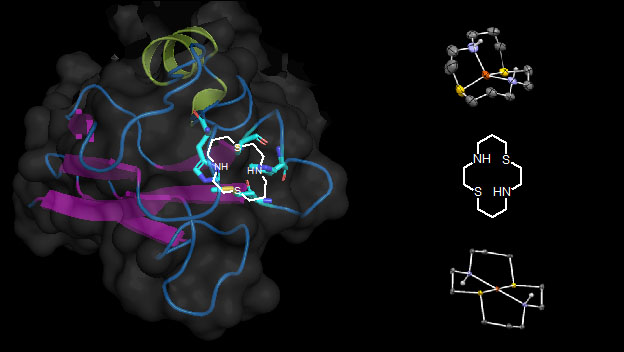
The group is currently investigating alternative synthetic methodologies to make the synthesis of the N2S2 systems safe, simple and efficient in order to quickly achieve product as a scaffold for more advanced systems such as cryptands.
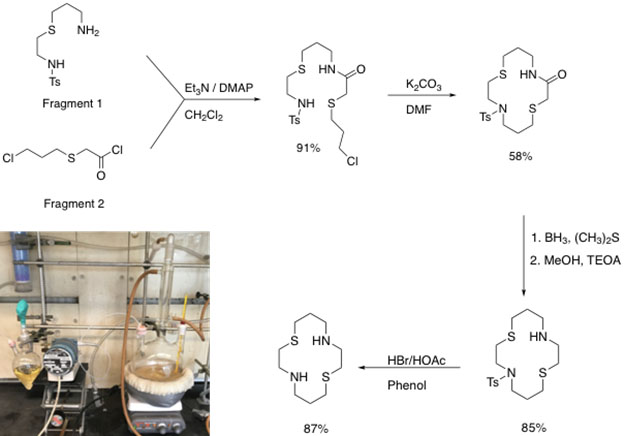
Since Jean-Marie Lehn shared the Nobel Prize in Chemistry in 1987, cryptand chemistry remains of significant interest for its applications in host-guest chemistry. Our group seeks to synthesize several new cryptands that incorporate N,S, and O heteroatoms to design a series of new tunable probes with unique chemical and electronic characteristics. Optimization of these systems is of significant interest, due to inter-intramolecular cyclization reactions which is often yield limiting.
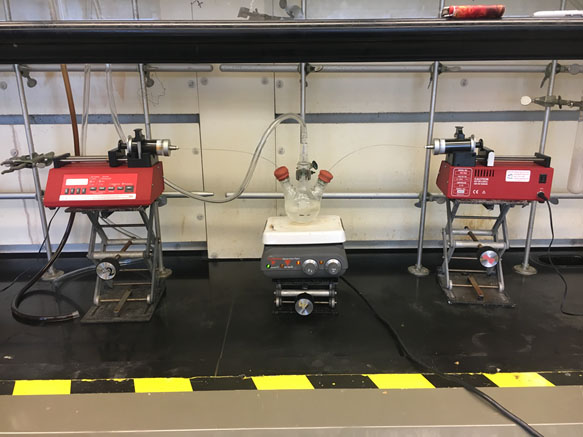
Undergraduate Research
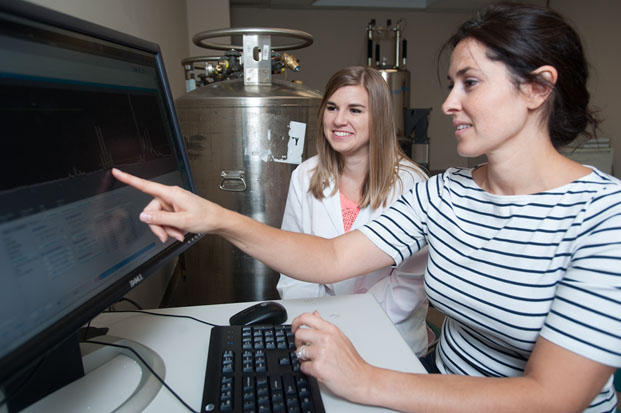
1. Do you have interest in organic or biochemistry and want to participate in undergraduate research?
Starting undergraduate research early is particularly beneficial for students in building research skills, increasing your understanding of the discipline, and significantly contributing to knowledge and innovation. All levels of students from freshman to senior are welcome to participate in research with particular emphasis placed on earlier years. Undergraduate research provides a sence of purpose and intellectual fulfillment that goes beyond traditional coursework and engages in discovery, leading to an enriched and rewarding undergraduate experience
2. How much time do you want to devote to this research?
Synthesis and biochemical research can be time-consuming, especially when the outcome of a project is not known. Freshman students can begin research with as little as 4 hours per week building up over time. If your are enrolling in research for credit, your time spent in the lab will also be determined by how many credit hours you register for.
3. Student Expectations
No. students can begin research as early as their freshman year. Engaging in research from the start allos their understanding to evolve alongside their coursework, creating a dynamic learning experience where theory and hands-on exploration reinforce each other over time.
5. What skills can I expect to gain from undergraduate research?
Research provides students with the ability to develop strong analytical and problem-solving skills. Patience and determination are needed to find answers to challenging questions and will enhance your experience in industry or your future graduate studies.
6. What should I do if I am interested in joining Dr. Walkers research group?
If you are interested in pursuing research with Dr. Walker, please visit your department website at http://www.iun.edu/chemistry/student-resources/Student_Research.htm to begin the process.

